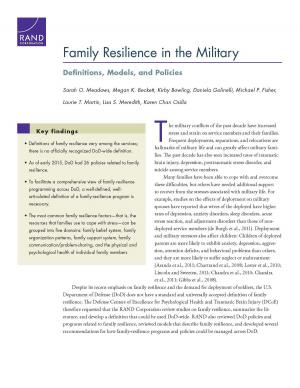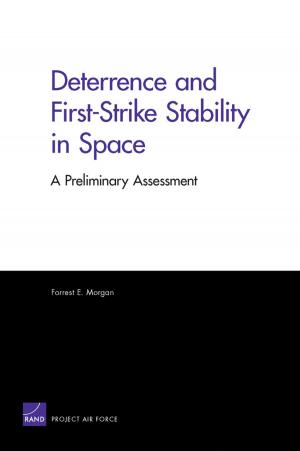The Rise of the Pasdaran
Assessing the Domestic Roles of IranA's Islamic Revolutionary Guards Corps
Nonfiction, Social & Cultural Studies, Political Science, International, International Relations| Author: | Frederic Wehrey, Jerrold D Green, Brian Nichiporuk, Alireza Nader, Lydia Hansell | ISBN: | 9780833046802 |
| Publisher: | RAND Corporation | Publication: | December 31, 2008 |
| Imprint: | RAND Corporation | Language: | English |
| Author: | Frederic Wehrey, Jerrold D Green, Brian Nichiporuk, Alireza Nader, Lydia Hansell |
| ISBN: | 9780833046802 |
| Publisher: | RAND Corporation |
| Publication: | December 31, 2008 |
| Imprint: | RAND Corporation |
| Language: | English |
Both high import payments for petroleum motor fuels and concerns regarding emissions of carbon dioxide (CO2) are motivating interest in possible fuel substitutes. Petroleum products derived from conventional crude oil constitute more than 50 percent of end-use energy deliveries in the United States and more than 95 percent of all energy used in the U.S. transportation sector. Almost 60 percent of liquid fuels are imported. Emissions from the consumption of petroleum account for 44 percent of the nation?s CO2 emissions, with approximately 33 percent of national CO2 emissions resulting from transportation-fuel use. In this report, RAND researchers assess the potential future production levels, production costs, greenhouse gases, and other environmental implications of synthetic crude oil extracted from oil sands and fuels produced via coal liquefaction relative to conventional petroleum-based transportation fuels. The findings indicate the potential cost-competitiveness of these alternative fuels and the potential trade-offs that their deployment requires between economic and environmental considerations.
Both high import payments for petroleum motor fuels and concerns regarding emissions of carbon dioxide (CO2) are motivating interest in possible fuel substitutes. Petroleum products derived from conventional crude oil constitute more than 50 percent of end-use energy deliveries in the United States and more than 95 percent of all energy used in the U.S. transportation sector. Almost 60 percent of liquid fuels are imported. Emissions from the consumption of petroleum account for 44 percent of the nation?s CO2 emissions, with approximately 33 percent of national CO2 emissions resulting from transportation-fuel use. In this report, RAND researchers assess the potential future production levels, production costs, greenhouse gases, and other environmental implications of synthetic crude oil extracted from oil sands and fuels produced via coal liquefaction relative to conventional petroleum-based transportation fuels. The findings indicate the potential cost-competitiveness of these alternative fuels and the potential trade-offs that their deployment requires between economic and environmental considerations.















